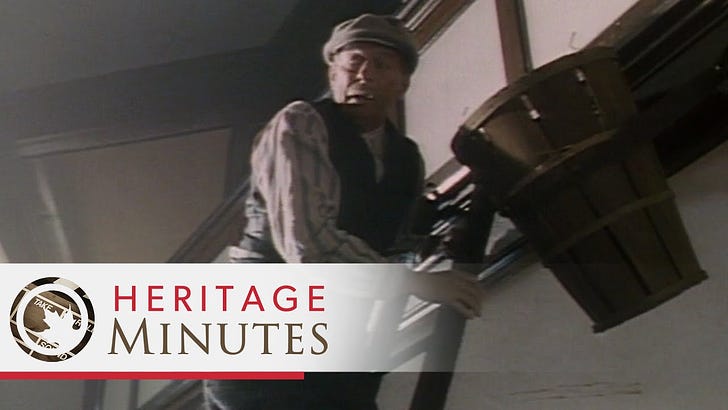Is this some kind of Canadian joke, sir?
With the passage of Bill C-11, the true north awaits sweeping changes to our online media.
Justin Trudeau’s Online Streaming Act has received royal assent.
I’m not a lawyer (thank God), but neither are the majority of Canadians, and I encourage Canuck content creators to read the Act for yourself. Screen reading software is a wonderful tool.
Numerous Canadian creators (on YouTube, or TikTok, or Twitch and so on) have spoken about this legislation in the past year, but only a few, like Mutahar of SomeOrdinaryGamers took steps to move their operations out of the country.
(Protip: Do not publish a line-by-line written analysis of this legislation. Visual or audio format is better. A detailed written analysis will overload SEO. Google will punish your honest mistake for keyword stuffing.)
What makes the Online Streaming Act — a modern update to the 1991 Broadcasting Act — difficult to understand is that it was written by the kind of boomers who got caught naked during COVID Zoom meetings. And the Act doesn’t cause immediate changes, rather it grants extraordinary powers of Internet manipulation to Canada’s broadcast regulators at the CRTC.
With this Act, the CRTC is empowered to control Internet streaming media in the same way it controls traditional television.
I keep thinking of one of the most successful promotions of Canadian culture on television: Heritage Minutes.
The shorts, aired as commercials throughout the 90s and beyond, were immensely quotable and provided some meaningful snapshots of how the country wove itself together, like a televised factoid-filled atlas of infotainment.
This is very far from what the majority of domestic content creators are producing.
Let’s say you’re Sean from Forge Labs, a Canadian gaming channel with 5.2 million subscribers (or roughly 1/7th of this country’s population). Your content isn’t Canadian per se, so YouTube waits to hear from the CRTC if they have to intentionally promote your channel to more Canadians, even though “Canadians” is not the target market for three hour Minecraft videos on Operation Bugaboo. So, YouTube might think your content has gone sour, leading to a drop in promotion and revenue in foreign markets.
The CRTC is still developing their implementation strategy, which includes the ability to mandate “the proportion of programs to be broadcast that shall be devoted to specific genres”.
J.J. McCullough (
) has carefully covered the Act on his award-winning channel over the past year. This response is from a few months ago, but I have no doubt he’s working on a longer one.One of the issues that J.J. brings up on is whether the government is qualified to decide what makes one piece of content more Canadian and therefore more worthy of promotion.
(No, they are not qualified).
In the mid 20th century, the government of Nova Scotia pushed wide sweeping cultural policies that targeted groups who weren’t Canadian enough for the Liberals of the time. Scottish Gaelic was once the third most spoken language in all of Canada; but was disallowed as a second language option for decades until very recently. German settlers were forcibly rebranded as Hanoverians because all Germans are Nazis, or something. The oeuvre of Alistair MacLeod tackles this time period accurately and employs English, French and Gaelic. Well, he did get one thing wrong, but the story of Alistair working on my family’s farm is for another time.
A centralized government authority is not the source of culture.
Have you met politicians? Do you think they know the best hidden cultural gems? They’re wieners. We’re going to be served hot dog water for culture if the CRTC goes full throttle.
As the Heritage Minutes taught us to say, “This is going to make your world a lot different than the one I grew up in.”
It’s important to look at the bright side of the legislation. We might get some really funny results.
For instance, it isn’t clear whether the CRTC will review and control online pornography to ensure the passports of actors and promotion of approved genres.
Then there’s the trouble with VPNs. I mean, if the MLB and NHL haven’t stopped me yet…
Finally, if you can afford to fiddle with loopholes, there are express exclusions to the rules. Maybe you’ll find yourself switching from covering Canadian politics to the “presentation of live performing arts”. Congratulations. You aren’t discussing policy, you’re starring in the northern reboot of The Artist is Present.
But change is coming. Don’t panic without a plan. Or keep panicking, I don’t care. I voted for Kodos.



